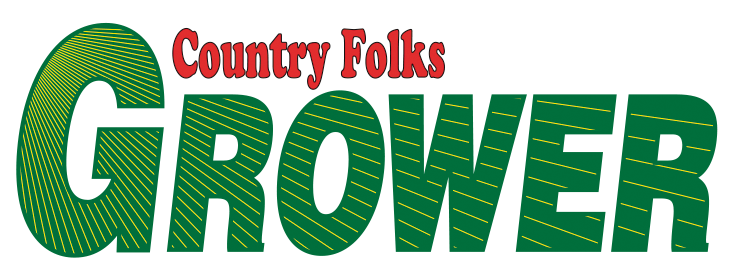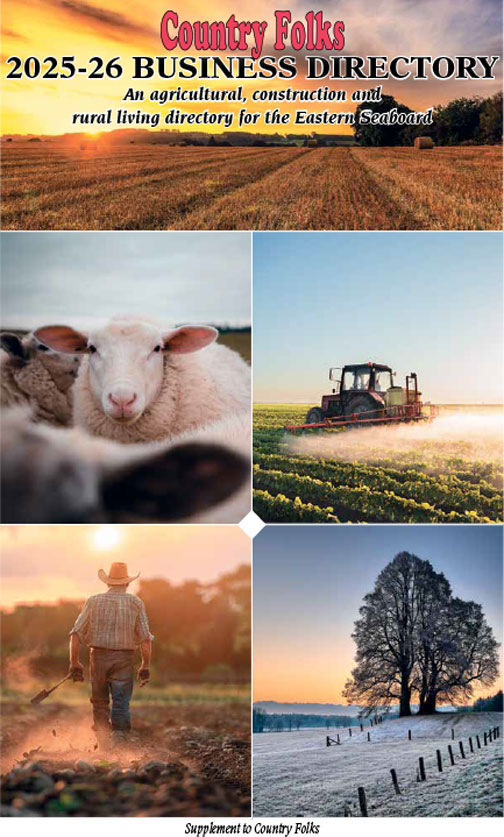November 12, 2025
How to ace your grant application
Receiving funding through a grant is a huge honor and success, but it takes a lot of work to earn it. Going through the process of applying for a grant can be really overwhelming, but the Tri-State Extension Dairy Team hosted a webinar to make the process easier to comprehend. UVM Extension Dairy Research Specialist Amber Machia strongly recommends farmers prep for their application before it’s even open to work on. Grant applications are extremely competitive. “If you don’t have your ducks in a row, it’s really easy to completely miss an application window,” she said. First, the applicant should verify where and how they apply for the grant. When is the deadline? What website or platform does it need to be uploaded to? What information does each applicant need to submit? Machia mentioned that creating your statement ahead of time, noting what’s important to you and your business as a whole, can help set the tone for the rest of your application answers. There’s not usually a defined template for this statement, so really “anything goes.” She pointed out that nearly all grant and program applications will expect you to “describe your operation.” Clearly state your motivation; what makes you unique; what your values are; what your dreams/goals for the business are; and what steps you’re taking to “make your vision a reality.” Once the application is officially open and ready to view, applicants should read through all of its requirements. Grant funders will provide a list of what needs to be submitted to be considered completed and “a good application,” explained Glenda Pereira, UMaine Extension dairy specialist. An application that is not fully completed will not be considered. Usually, the grant proposal asks for letters of support from someone who is looking forward to this funding, such as a customer, and letters of commitment/intent from someone that will be helping with the project in some way (financially, physically, donating materials, etc.). The grant proposal will most likely ask for an economic analysis of the proposed purchase, simply showing that “if you are going to purchase something for your farm, it is going to have a return on investment and really support your dairy business overall,” explained Pereira. Thoroughly review your application before submitting it. All the information should be as up to date as possible, and fix any errors throughout, no matter how small they may seem. All the information and data must remain “consistent throughout the grant process,” stressed Sarah Allen, UNH Extension state dairy specialist. The most common errors seen in applications are the budget not fully matching the budget narrative, the applicant not meeting all of the budget requirements and the applicant not successfully explaining their numbers. The reviewer should be able to know where all your money came from and where it’s going to. “Small inconsistencies really can make it hard on a reviewer to know what your project is,” stated Allen. Allen expressed that the budget is “usually the trickiest part” of the grant application. Not all grants want the same data as others; some may require a certain percentage of the grant money to be put toward something specific. Know the difference, and show the difference, between cash match (what the applicant is paying for) and in-kind match (what people are donating/volunteering to the project). Make sure your application has everything required attached, and in the right format. Pay attention to the format, because “if a reviewer is looking at your grant and it’s not laid out correctly,” the reviewer may misinterpret your grant application and “detract from your grant,” warned Allen. When you’re able, submit your application well in advance of the deadline. Don’t risk missing the deadline due to a website crash or even a power outage. Stay informed of what grants are coming out and when their deadlines are. Keep as much data as you can on your farm to prepare for applications in the future. The better prepared you are now, the higher the chance of you receiving the grant. by Kelsi Devolve





